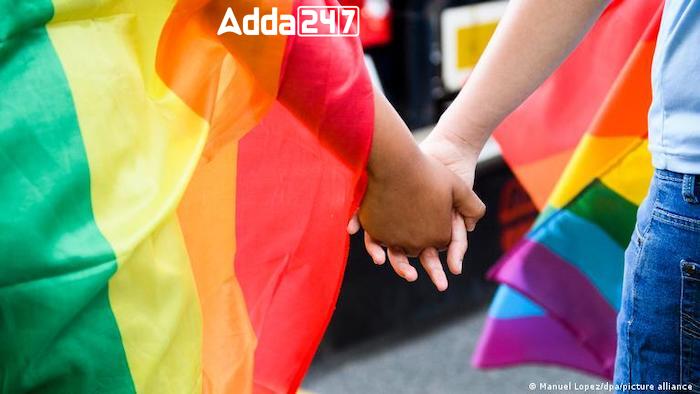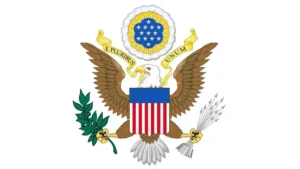Iraq’s parliament recently passed a stringent law criminalizing same-sex relationships, imposing a maximum 15-year prison sentence. The legislation, titled the Law on Combating Prostitution and Homosexuality, reflects a concerning trend of increased scrutiny and persecution of LGBT individuals in Iraq.
Our Other Websites

Welcome to the Current Affairs Section of Adda247. If you are preparing for Government Job Exams, then it is very important for you to read the Daily Current Affairs. All the important updates based on current affairs are included in this Daily Current Affairs 2026 article.
Discover Our Other Platforms






© 2026 Adda247. All rights reserved.




 Trump Slaps 10% Global Tariff on All Imp...
Trump Slaps 10% Global Tariff on All Imp...
 U.S. Department of State Launches $200 M...
U.S. Department of State Launches $200 M...
 India Joins 100+ Nations in Strong Stand...
India Joins 100+ Nations in Strong Stand...

